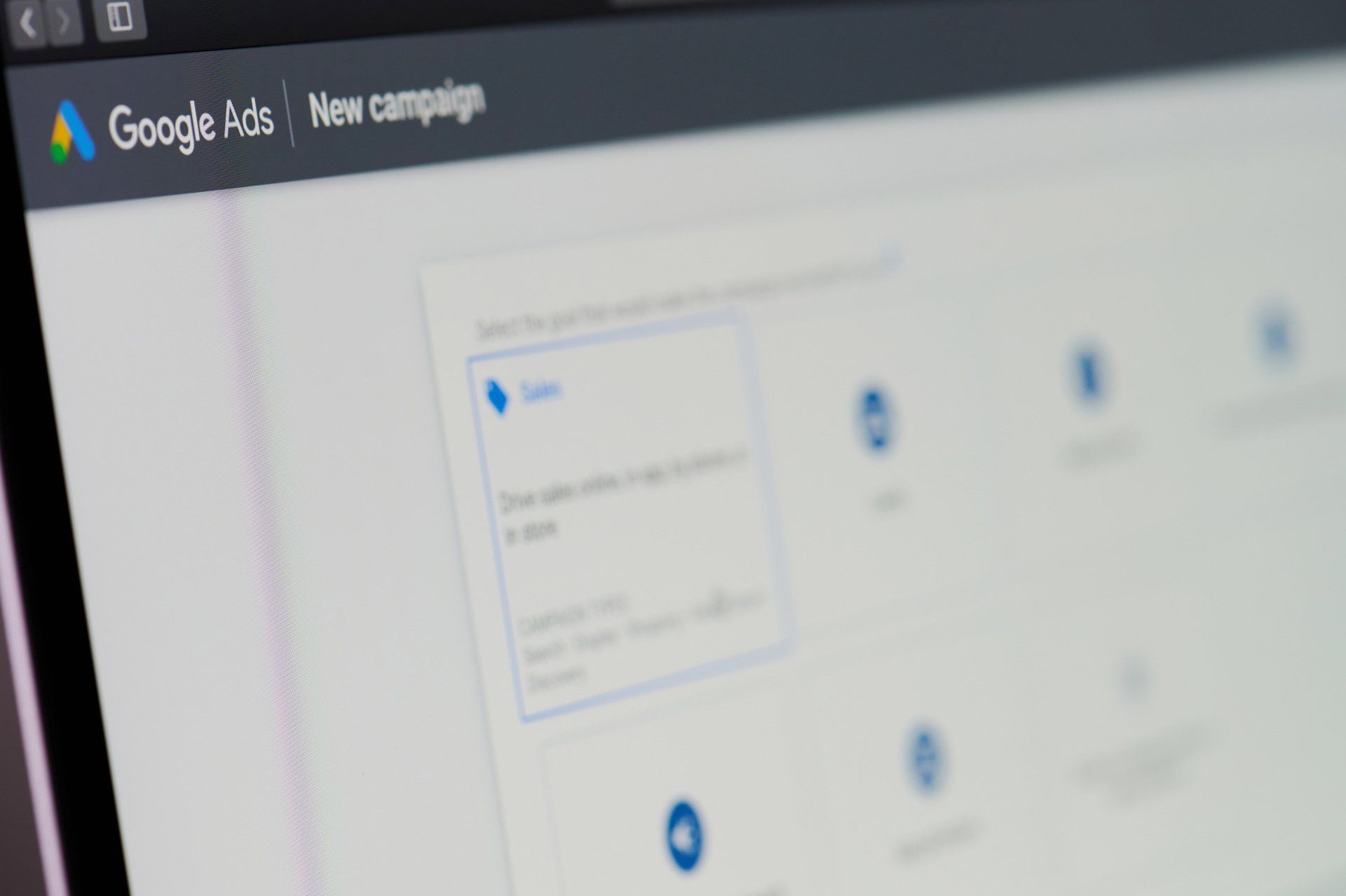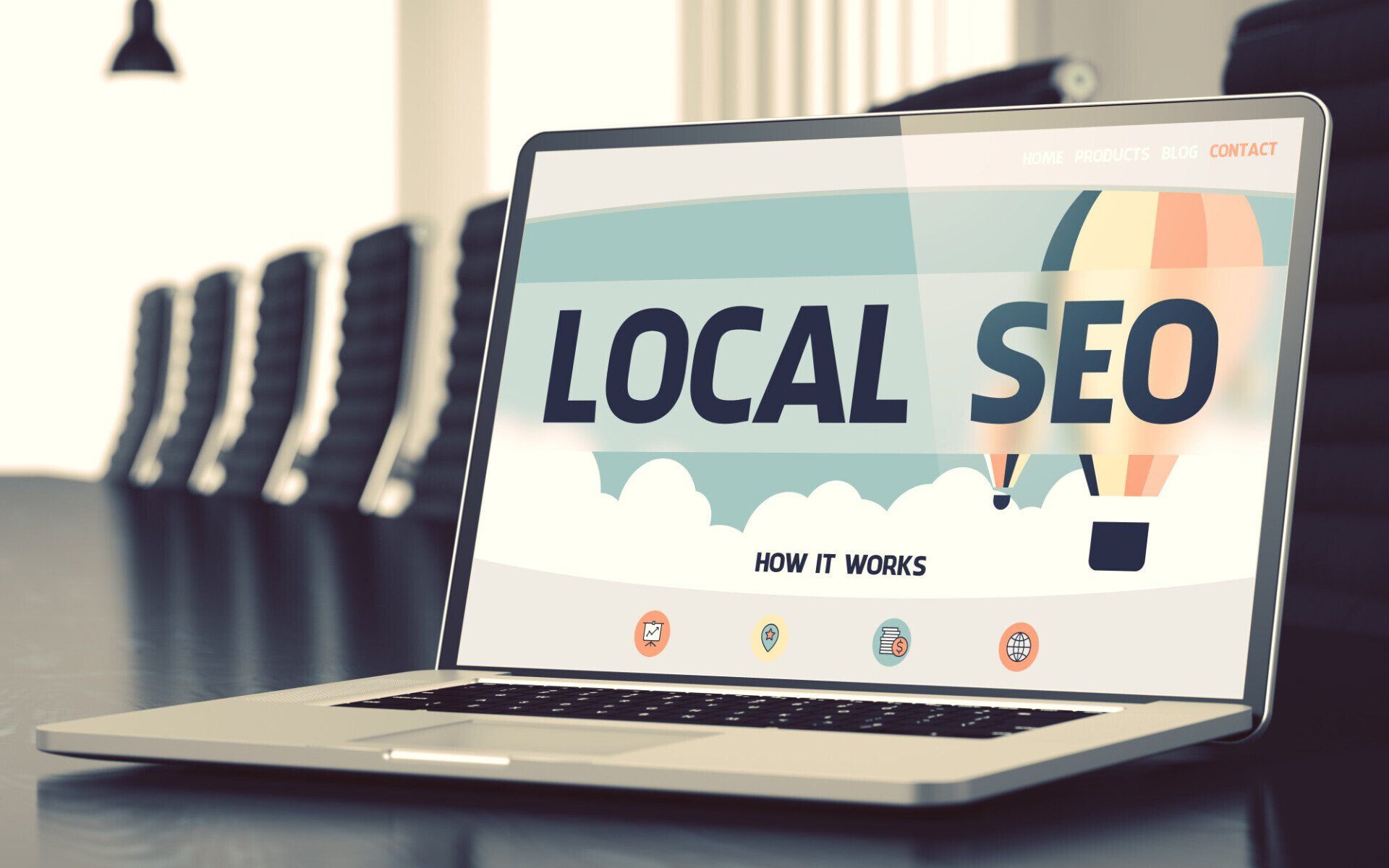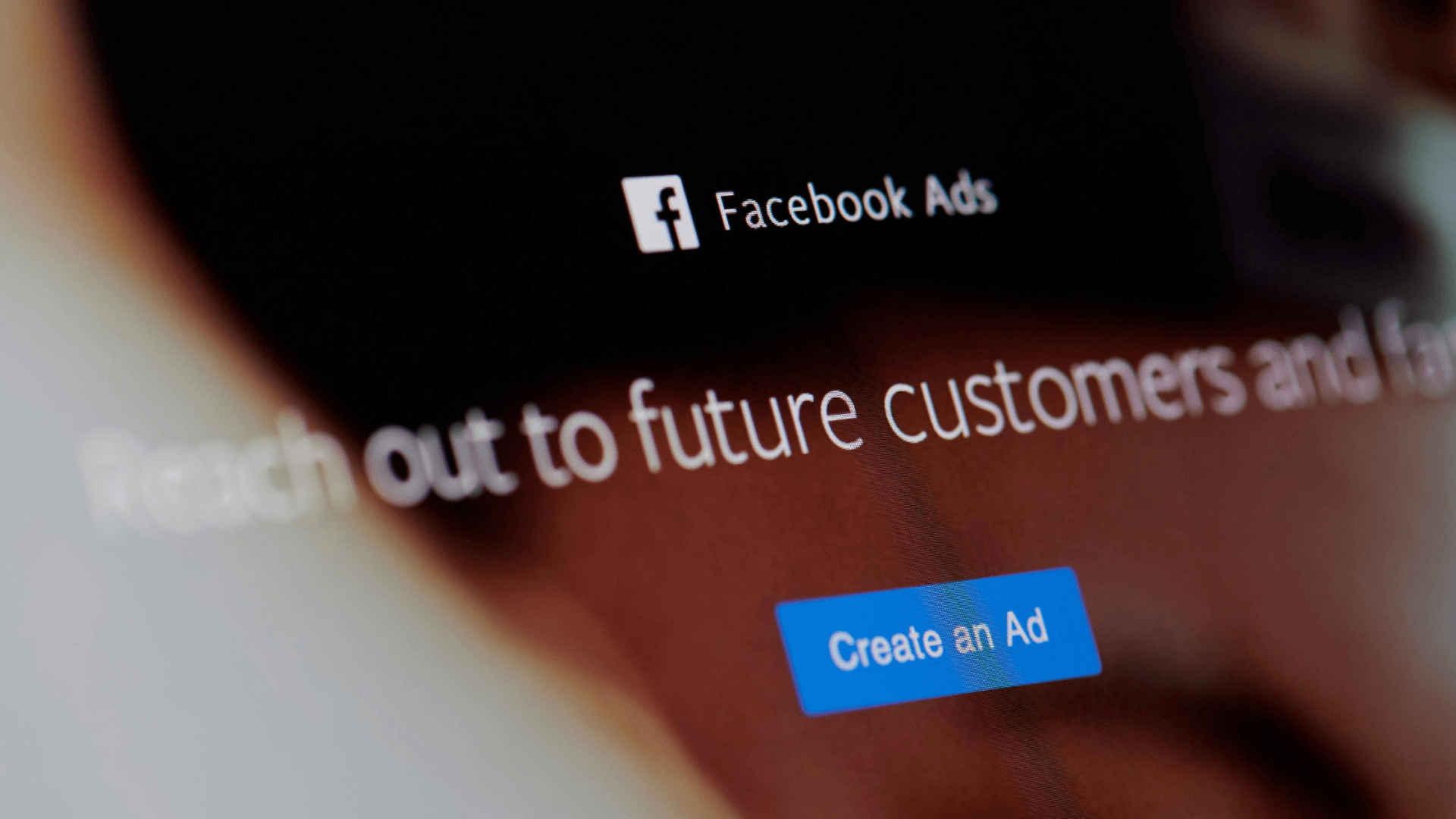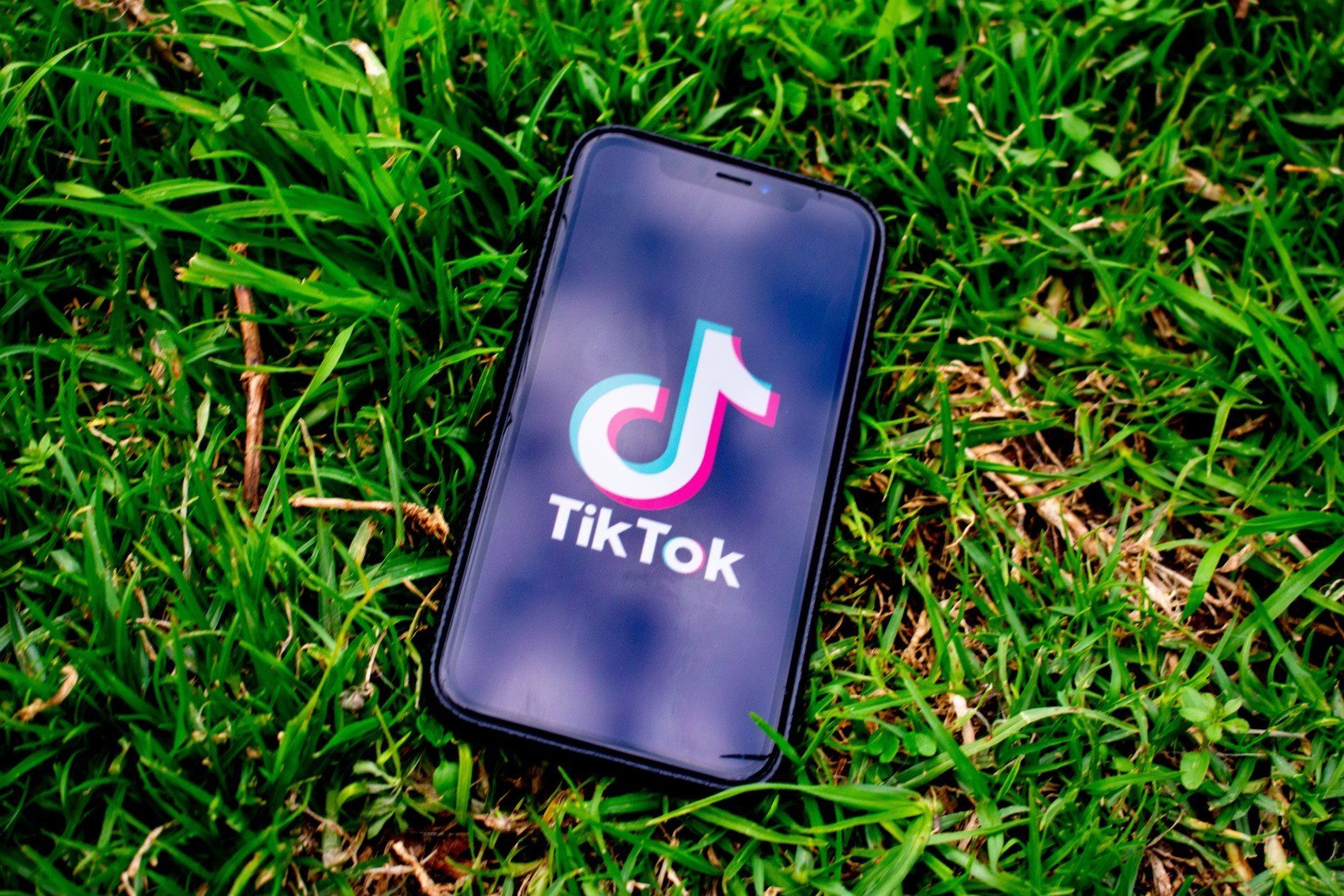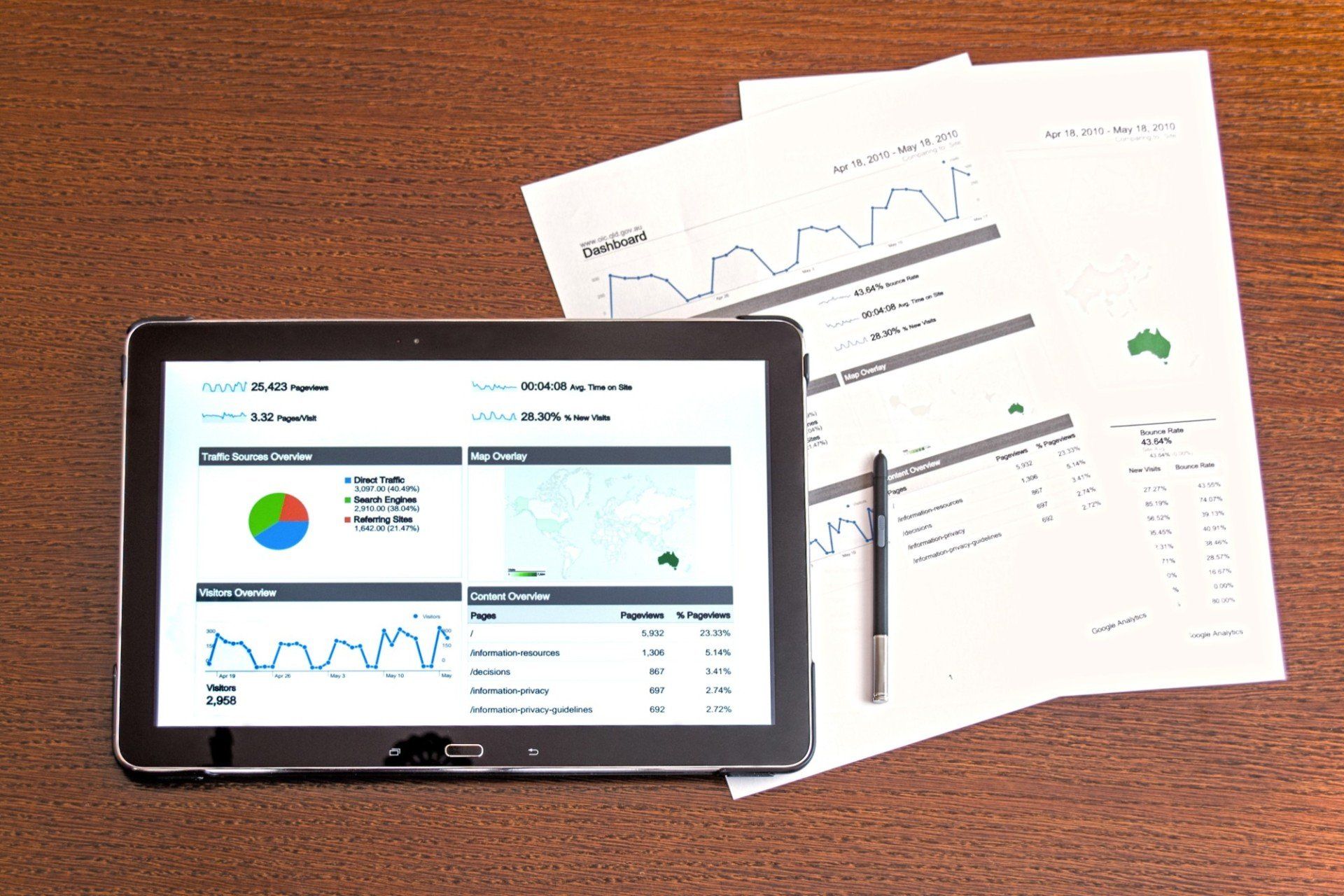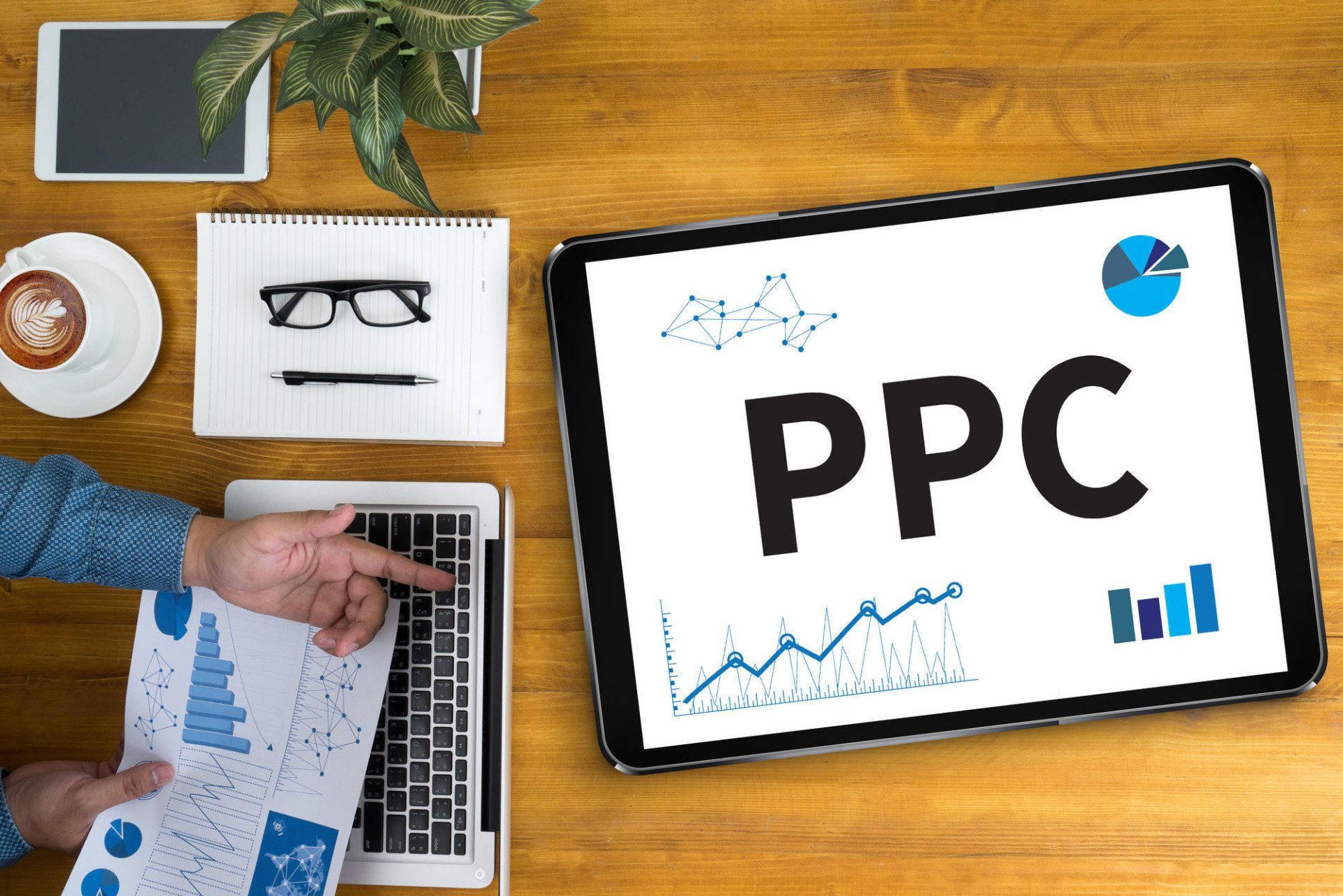Spend or Save: Are Google Ads Worth It?
Any small business struggles to become profitable. Depending on your market, you could expect to be in the red for at least three years. That's a lot of lost time and capital.
But what if you could accelerate the growth of your small business? In the right hands, Google Ads is a wildly popular service that could jumpstart your profitability. Although you've probably heard of it before, is Google Ads worth it for a small business?
And what are Google Ads anyway?
What are Google Ads?
If you've ever searched on Google for anything -- and we know you have -- then you've encountered Google Ads. It's a pay-per-click advertising system with two distinct components. With pay-per-click advertising, you pay each time a user clicks on your ad.
Google Ads operates through the Google Search Network and the Display Network.
You're likely familiar with the first component. Has a user searched for your keyword? Then your advertisement will appear at the top of the search. For this to work, you'll have to bid on the keyword in question.
The second component runs through the Google Display Network. The Display Network doesn't advertise during a Google search. Instead, it presents advertisements such as banner and video ads directly on targeted sites.
The Display Network is comprehensive and pervasive. According to Google, it reaches 90% of worldwide internet users.
Using Google Ads
It all starts with a Google Ads account. Google will first ask you to decide on a campaign type. Along with the Search and Display Network, you'll have the option of a shopping, video, or universal app campaign.
Then you'll decide on the goal of the campaign, whether you are looking to generate leads, sales, or traffic to your website.
In the next step, you'll outline the methods you'll use to achieve that goal. This could be as simple as directing users to your landing page. But Google also has more complex options, such as generating phone calls or app downloads.
But let's focus on the important part: the bidding strategy. If you want to set a maximum cost-per-click for your advertisements, select Manual CPC bidding.
Otherwise, you can select the Maximize Clicks option. But be careful. This automated system could burn through your budget.
After setting your budget and delivery method, you'll select keywords. This provides a good traffic estimate along with its typical CPC price.
And now the parameters are set. For the last step, you'll actually create your advertisements with Google's in-browser system. When that's done, you can immediately launch and monitor your campaign.
Is Google Ads Worth It?
There's no denying that Google Ads can be an expensive luxury. However, an intelligent advertisement campaign can lead to some worthwhile results. For the right small business, Google Ads can accelerate growth and drive sales.
Make sure your website is in good shape before opting for a Google Ads campaign. You may drive traffic, sure, but you'll be paying for clicks that lead to a massive bounce rate. That money would be better spent on a website redesign.
With that out of the way, why is Google Ads a good choice for a small business? We'll show you.
1. Test Your Messaging
Google Ads is an automated service. After creating your campaign, your advertisements will start appearing for users. There's no paperwork, no waiting period, and no contract.
This allows your small business to be more experimental. For one, you can test the efficacy of your campaign. If your Ads campaign appears successful, you may want to consider expanding into Facebook ads with the same strategy.
But what if it's not working out? Then you'll be able to make changes to your advertising strategy or just cancel the PPC program with a click of a button.
2. Reach Your Target Customer
The right keywords are everything. If you anticipate the search habits of an ideal customer, you can catch them right before they make a purchase. Let's say your company sells winter coats.
A potential customer may Google a phrase such as, "buy winter coats." That's an opportunity to generate a sale and a returning customer. Many companies target SEO keywords for the same purpose. When your SEO can't compete, you can still appear above your competition with Google Ads.
If you're a roofing company, it'd be a waste to pay for clicks made by people on the other side of the country. Since Ads also allows you to target based on location, you have more control over who sees your advertisements.
3. Advertise to Multiple Demographics
As important as SEO may be, it is not the answer to everything. You're limited by the space and quantity of your blog posts. To gain any chance of success, you'll have to devote yourself to a specific set of keywords.
This can present a problem for companies with varying target demographics. Let's say your company sells a durable body camera. Your customers might include outdoor enthusiasts but also police and security detail.
Google Ads provides the flexibility you need. Your SEO strategy likely can't make meaningful progress by targeting both demographics simultaneously. But the Ads campaign could include keywords that target both.
4. Personalize Results
Technically, your company landing page should be optimized to convert. But maybe your analytics suggest a different page has a higher conversion rate for a certain type of customer.
Rather than having every keyword lead to the same landing page, Google Ads gives you the control to separate them. This is beneficial if your company sells several products or products for different demographics.
Personalized results have better conversation rates.
The Right Campaign Leads to the Right Results
So back to the question at hand: Is Google Ads worth it? Any small business could benefit from an Ads campaign, provided the campaign is properly managed. From precise targeting to message strategy, this PPC system provides some serious ROI in the right hands.
But if you're a small business owner, you probably don't have time to learn about intelligent advertisement campaigns.
We at Siren Digital can help. Our team of Google Ads experts is ready to provide custom strategies for your small business. Learn more about our Google Ads management services and see what we can do for your small business.

